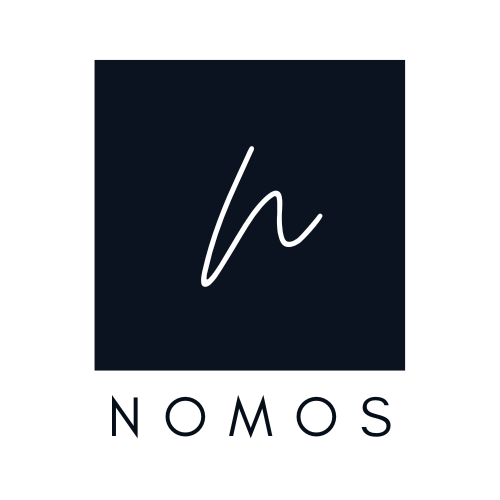Commands Overview
The NOMOS CLI provides powerful commands to bootstrap, develop, and deploy your agents:nomos init
Create a new agent project interactively
nomos run
Run agent in development mode
nomos train
Interactively refine agent decisions
nomos serve
Deploy agent for production use
nomos test
Run comprehensive agent tests
nomos validate
Validate agent configuration
nomos schema
Export JSON schema for config
nomos --version
Show CLI version information
Initialize a New Agent
Create a new agent project with interactive guidance:Options
| Option | Short | Description | Default |
|---|---|---|---|
--directory | -d | Project directory | ./my-nomos-agent |
--name | -n | Agent name | Interactive prompt |
--template | -t | Template (basic, conversational, workflow) | Interactive choice |
--generate | -g | Generate using AI | false |
--usecase | -u | Use case description for AI generation | Interactive prompt |
--tools | Available tools (comma-separated) | Interactive prompt |
- Interactive Setup
- Template-based
- AI-Generated
Development Mode
Run your agent locally for development and testing:Options
| Option | Short | Description | Default |
|---|---|---|---|
--config | -c | Configuration file path | config.agent.yaml |
--tools | -t | Tool files (can be used multiple times) | From config |
--verbose | -v | Enable verbose logging | false |
Training Mode
Interactively improve your agent’s decision-making:- Agent makes decisions step by step
- You provide feedback on unsatisfactory responses
- Feedback is stored as examples for future decisions
- Agent configuration is updated automatically
Production Deployment
Serve your agent using FastAPI and Uvicorn:Options
| Option | Short | Description | Default |
|---|---|---|---|
--config | -c | Configuration file path | config.agent.yaml |
--tools | -t | Tool files | From config |
--port | -p | Server port | From config or 8000 |
--workers | -w | Number of workers | From config or 1 |
Testing
Run comprehensive tests for your agent:Options
| Option | Short | Description | Default |
|---|---|---|---|
--config | -c | Test configuration file | tests.agent.yaml |
--coverage | Generate coverage report | true | |
--no-coverage | Skip coverage report | false |
Validate Configuration
New in Latest VersionThe validate command helps ensure your configuration is correct and follows best practices.
Options
| Option | Short | Description |
|---|---|---|
--verbose | -v | Show detailed validation information |
What It Checks
Syntax Validation
YAML syntax, required fields, and data types
Reference Integrity
Step references, route targets, and flow connections
Best Practices
Configuration recommendations and warnings
Field Compatibility
Supports both compact and descriptive field names
Example Output
Generate Schema
Export JSON schema for IDE validation and autocompletion:Configuration Field Compatibility
Flexible Field NamingNOMOS supports both compact and descriptive field names to accommodate different preferences and migration scenarios.
| Compact | Descriptive | Usage |
|---|---|---|
id | step_id / flow_id | Unique identifiers |
desc | description | Descriptions |
tools | available_tools | Tool lists |
paths | routes | Step transitions |
to | target | Route targets |
when | condition | Route conditions |
eg | examples | Decision examples |
Environment Variables
Common environment variables for NOMOS agents:| Variable | Description | Required |
|---|---|---|
OPENAI_API_KEY | OpenAI API key | If using OpenAI |
MISTRAL_API_KEY | Mistral API key | If using Mistral |
GOOGLE_API_KEY | Google API key | If using Gemini |
HUGGINGFACE_API_TOKEN | HuggingFace token | If using HuggingFace |
Getting Help
For any command, use the--help flag:

